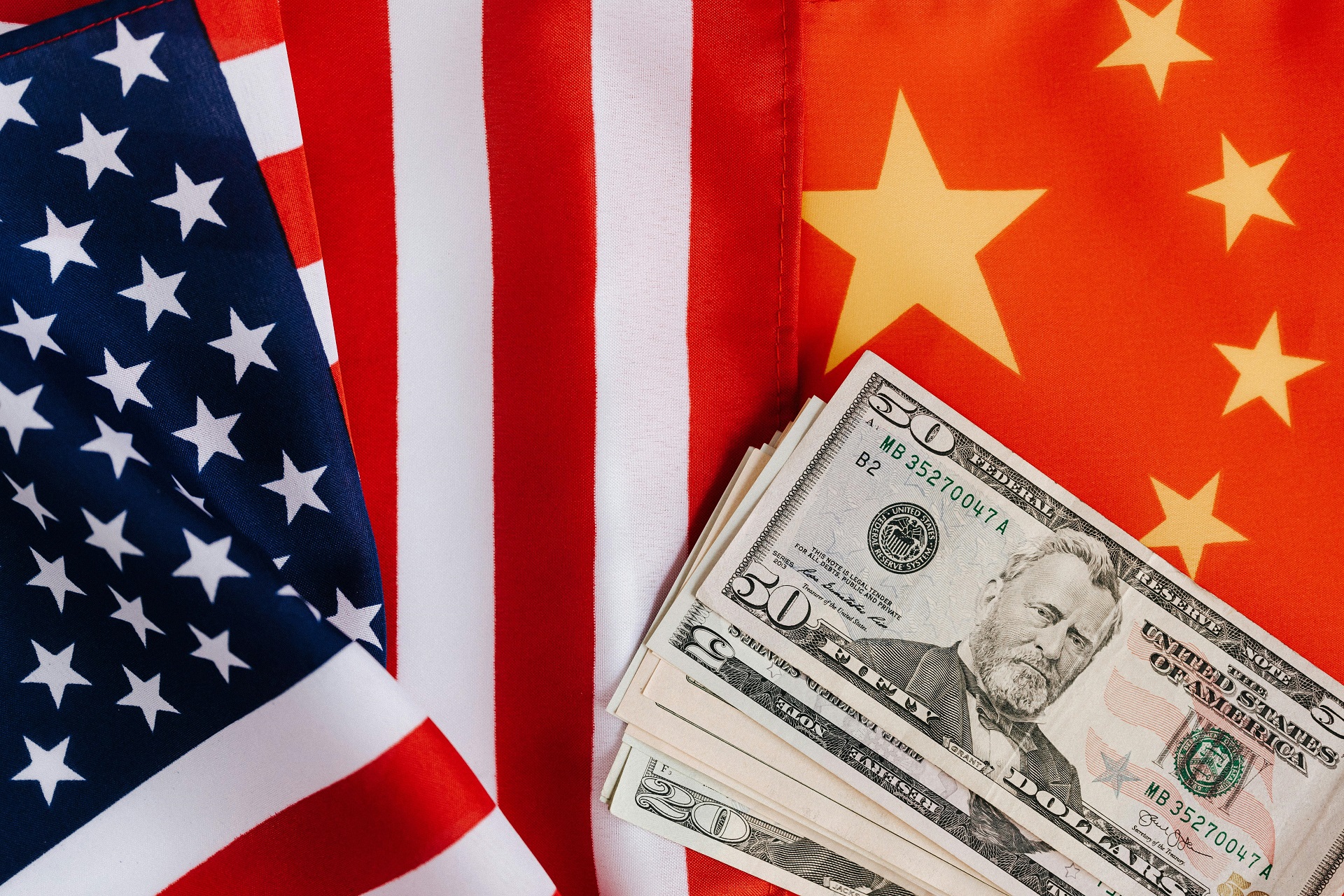Physical Address
304 North Cardinal St.
Dorchester Center, MA 02124
Physical Address
304 North Cardinal St.
Dorchester Center, MA 02124
(Tortola, March 6, 2025) The global economy is highly interconnected, and any shift in trade policies can have significant ripple effects across various industries. The recent U.S. implementation of tariffs has led to widespread reactions in the stock market, influencing supply chains, corporate earnings, and investor sentiment. While the implementation of tariffs aims to protect domestic industries, they also introduce economic challenges such as higher costs for businesses and potential retaliatory measures from other nations.
In this article, we will explore how the market is responding to these tariffs, the industries most affected, and potential investment opportunities in this volatile environment.
The implementation of tariffs has sparked debates among economists about its long-term effects on trade relationships.
The implementation of tariffs can reshape market dynamics, prompting businesses to adapt and innovate in response to new economic realities.
The implementation of tariffs can significantly affect investor confidence and market stability.
Understanding the implementation of tariffs is crucial for investors looking to navigate these uncertain waters.
The implementation of tariffs often leads to discussions about the balance between protecting local industries and fostering global trade.
Tariffs create uncertainty, leading to increased market volatility. Investors often react negatively to trade tensions, resulting in:
As we analyze the implementation of tariffs, it becomes evident that they can lead to both anticipated and unforeseen consequences.
The technology sector faces unique challenges due to the implementation of tariffs, affecting its global operations.
Historical data shows that when tariffs are imposed, market dips often follow due to fears of reduced corporate earnings and economic slowdown.
The implementation of tariffs has pushed automotive companies to innovate and adapt their sourcing strategies.
Each industry faces unique challenges due to the implementation of tariffs, particularly those heavily reliant on imports.
Tech companies, particularly those reliant on global supply chains, are among the hardest hit. Many semiconductor and hardware manufacturers source components from Asia, and tariffs increase production costs.
Car manufacturers depend on international suppliers for raw materials like steel and aluminum. Higher tariffs on imported materials increase production costs, reducing profit margins. Companies like Ford and General Motors have already adjusted their forecasts due to these rising expenses.
In agriculture, the implementation of tariffs has created a pressing need for farmers to seek new markets and opportunities.
Retailers relying on imported goods face higher costs, leading to:
As we analyze the effects of the implementation of tariffs, it is evident that consumer behavior is also influenced.
Countries affected by U.S. tariffs often retaliate with their own trade barriers. Farmers and agricultural businesses suffer when exports, such as soybeans and corn, face restrictions in key markets like China and Europe.
The agricultural sector is particularly sensitive to the implementation of tariffs, as it can disrupt international trade routes.
Tariffs can lead to a stronger U.S. dollar, making American goods more expensive for international buyers. This results in:

Companies with minimal exposure to international supply chains tend to perform better during tariff wars. Industries like utilities, healthcare, and defense provide stability in uncertain economic conditions.
The implementation of tariffs also plays a role in how investors approach risk management strategies.
Investors can hedge against volatility by shifting funds into:
Investors should consider how the implementation of tariffs influences the overall investment landscape.
The implementation of tariffs has prompted many investors to focus on domestic markets for stability.
While U.S. tariffs impact certain global economies, emerging markets that do not rely heavily on U.S. trade may present strong investment opportunities. Countries in Southeast Asia, Latin America, and Africa could become alternative trade partners for businesses looking to bypass tariffs.
The implementation of tariffs often leads to increased scrutiny of investment strategies.
Staying informed about the implementation of tariffs will be essential for investors navigating this landscape.
Historically, trade policies fluctuate based on political leadership and economic performance. Investors should monitor negotiations, as any easing of tariffs can lead to a stock market rebound.
The U.S. implementation of tariffs has created significant market volatility, affecting industries ranging from technology and automotive to retail and agriculture. While the implementation of tariffs aims to strengthen domestic production, they also introduce economic risks such as higher costs, reduced exports, and inflationary pressures.
Investors must adapt to this changing landscape by focusing on domestic companies, diversifying assets, and identifying opportunities in emerging markets. Keeping a close eye on trade negotiations and potential policy reversals will be crucial for making informed investment decisions in 2025 and beyond.
Ultimately, the long-term effects of the implementation of tariffs remain to be seen as economic conditions evolve.